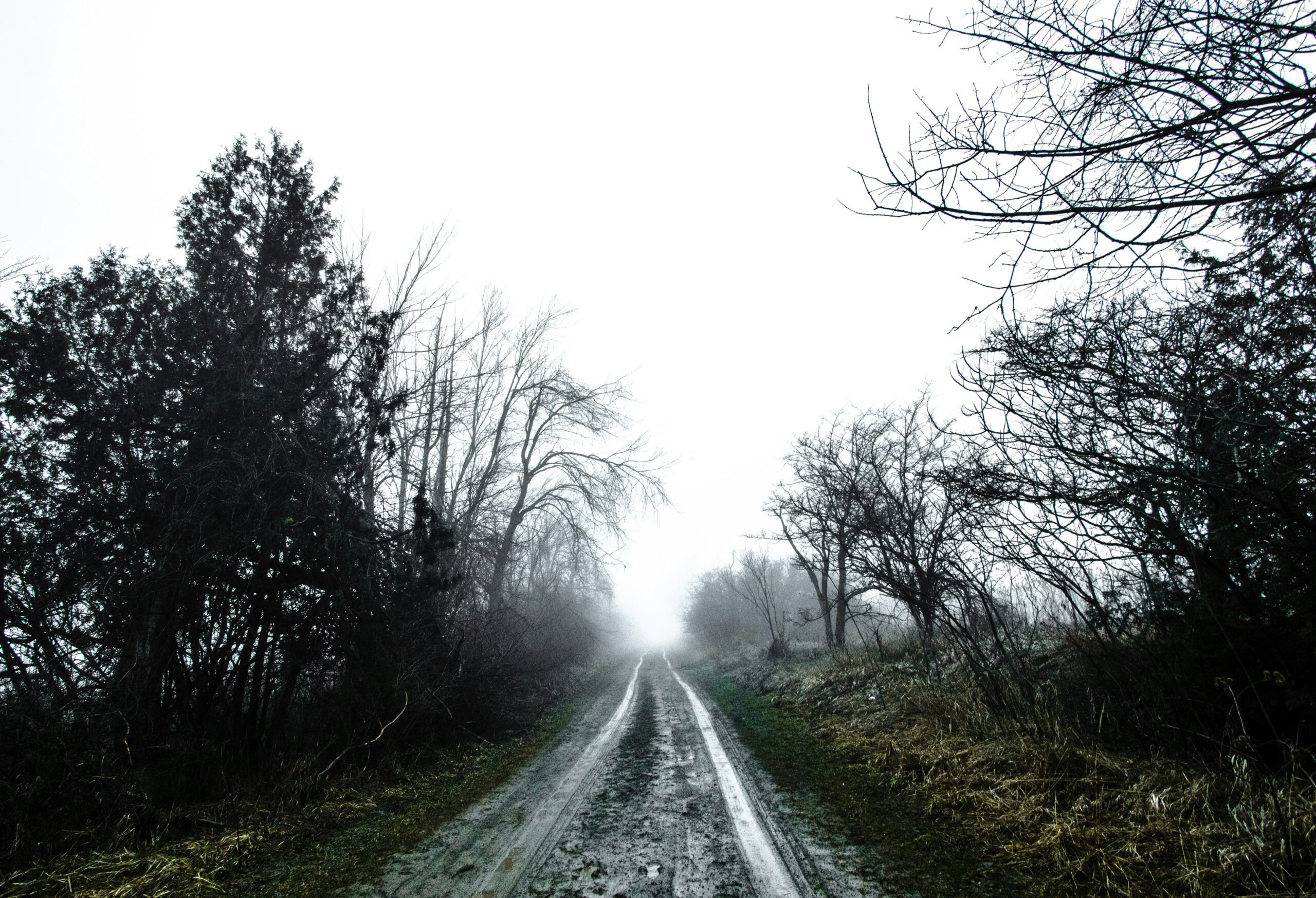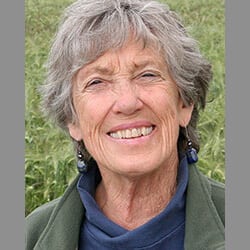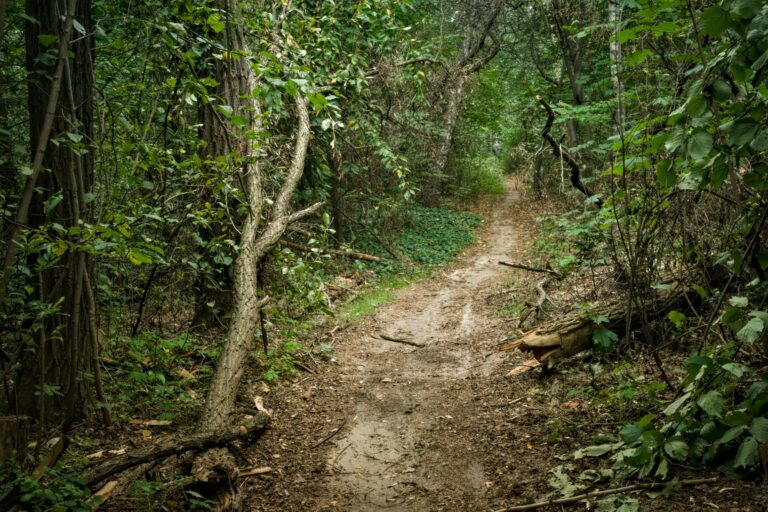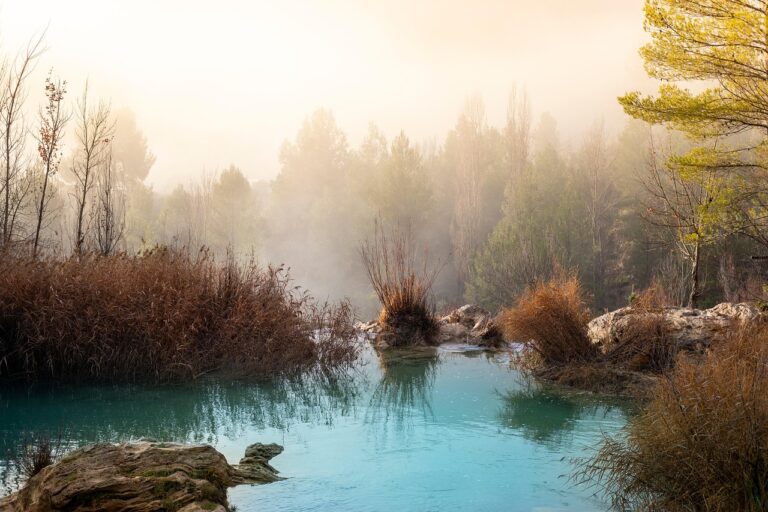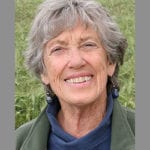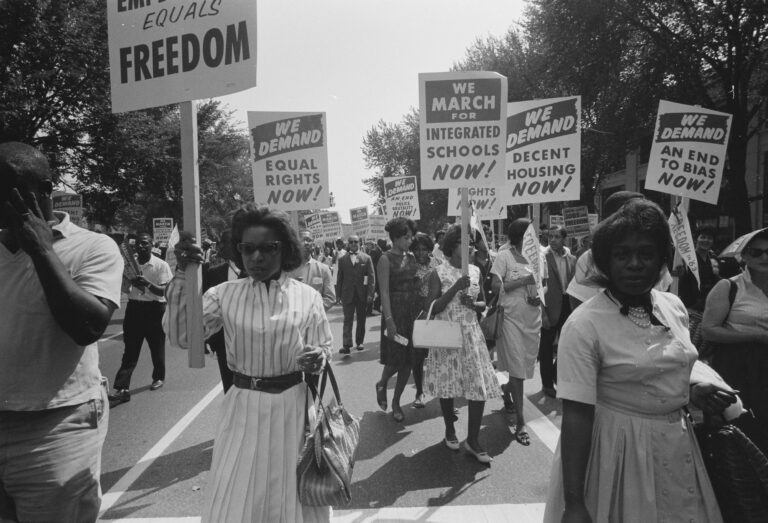Joanna Macy: It’s good news. It’s just a question of why The Great Turning. Why do you talk about The Great Turning? Because it’s good news.
Jess Serrante: You are listening to We Are The Great Turning. A podcast with me, Jess Serrante, and my friend and mentor, Joanna Macy, about living through these wild times with our hearts intact. In our last episode, we dove into despair and desperation, the places we go when all we can see and feel is the darkness of our world. Now, as we continue around the spiral, in this episode, we’re going to talk about a tricky four-letter word that finds its way into most conversations about climate. That word is “hope.”
You might remember in Episode 1, I told you that this podcast was about climate change, spirituality, and possibility, but it wasn’t exactly about hope. That’s because honestly, hope feels really complicated to me. Now, it’s not that I never have hope for the future. I couldn’t make this podcast if that were true. It’s more that sometimes I feel hopeful, but sometimes I don’t. Just like any other feeling, hope comes and goes. I used to think that this was a flaw in me as an activist, a dirty secret. I didn’t want to admit that I don’t just feel hopeful 100% of the time because I thought that’s what this work required. I think this is because of what Joanna calls…
Joanna: … This weirdness of hope. Hope has been identified as so basic to the American value system that, if people have a failure in that, they see it as lacking in moral commitment.
Jess: There’s a sunny, obligatory brand of hope that has a way of bypassing what’s complex, painful, ugly, or uncertain. This is the kind of hope that’s sold to us in commercials and business as usual benefits greatly from it. It’s what makes it possible for us to carry on consuming and conforming to business as usual while we put its violence out of our minds. This kind of hope chooses the facade of positivity over the truth.
Joanna: Sometimes you Americans, you want to be comfortable before you’re truthful.
For years I was convinced that to be a good activist and leadership coach, I had to have a kind of unchanging belief in the Great Turning. I thought hope meant stubbornly insisting that the world we want is just around
the corner.
Jess: You might remember when we first introduced The Great Turning in Episode 2. I told you that choosing to be part of it is not like predicting which side you think will win in a soccer game. Instead, it’s about getting out onto the field and playing the game, going all in for the world we want to see. Well, for years I was convinced that to be a good activist and leadership coach, I had to have a kind of unchanging belief in The Great Turning. I thought hope meant stubbornly insisting that the world we want is just around the corner. But this conflicted with everything I learned about what we call The Great Unraveling. The more I knew about the danger we’re in, the harder it became to maintain that unbroken, sunny outlook. Now I want to bring you with me to Joanna’s table on a day where she transformed my relationship to The Great Turning.
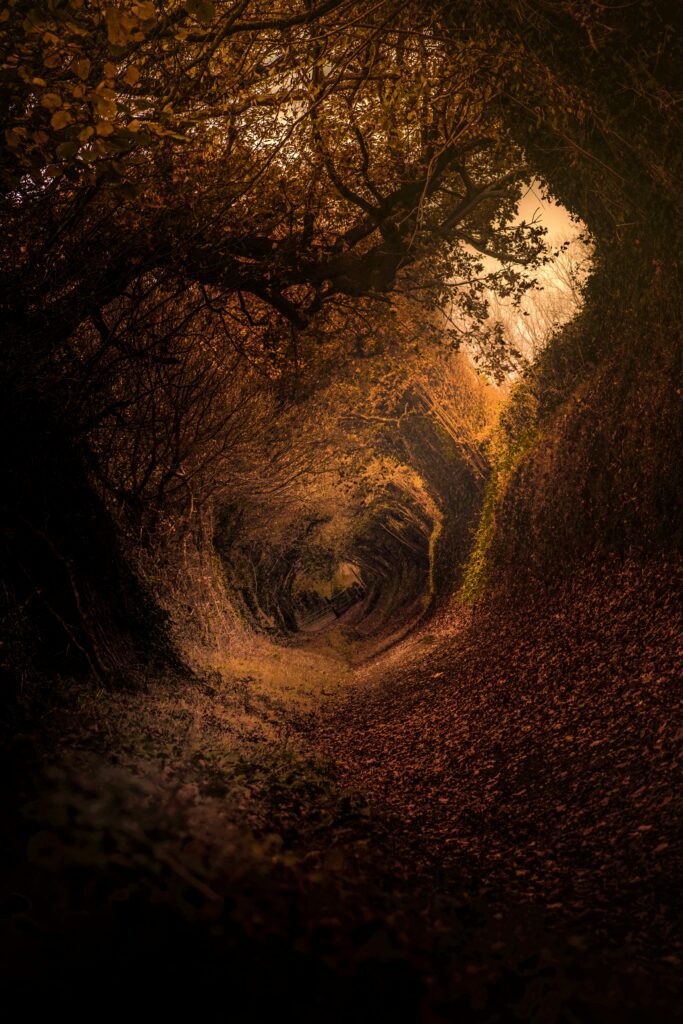
Jess: There’s a way that I have held this from time to time that’s like as if The Great Turning is something to believe in or not, and I think I’m starting to see that that’s a really flawed way of looking at it.
Joanna: Oh, you have to believe in it for it to work. It’s like whistling in the dark. That’s what you fell for, which is wonderful. You still wanted to talk about it, but you thought it was just whistling in the dark.
Jess: What do you mean whistling in the dark?
Joanna: To cheer yourself up.
Jess: Yeah. Yeah.
Joanna: It’s a dark path and I would walk right by the cemetery and the least I can do, I’m scared to death, but I’ll whistle.
Jess: I realized I had been holding on to the idea of The Great Turning like a good luck charm, like magic. Instead of seeing it as one of many realities of our world, a reality that I can see around me and can contribute to.
Jess: Okay, give me a moment because this is a breakthrough for me. It’s so much simpler than I was making it. I’ve been using it as a way to cheer myself up in the face of the incredible uncertainty and apocalyptic conditions that I’m living in. Like, “Oh, if I can just believe in a Great Turning, if I can just believe that this great paradigm shift is happening and going to win, that’s using The Great Turning as a crutch. It’s using it to like, Oh my God, I could cry right now. It’s using it as a false protection.
Joanna: It’s like believing in God.
Jess: To create a certainty that doesn’t exist.
Joanna: Or believe that you’ll go to heaven when you die. You don’t know. And no, it’s not that. It’s seeing that all around us, there is this happening, and it’s in us.
Jess: It is happening, and I am a part of it, period. I can choose to be a part of it.
Joanna: Which means I can choose to remember that it’s happening and I can choose to see how huge it is.
Jess: I’m kind of speechless because what I’m getting in this moment is there’s nothing to believe in. This is just what is happening, and it is true that I get to participate in it and that I get to choose to see it. I get to look for it, sniff it out in the world around me and be a part of it.
Joanna: And not only that, I myself now am in goose flesh from my scalp to my toes because I’m just opening to what you’re allowing yourself to see.
Jess: This moment changed my life. For a long time, I was ashamed to admit that over my 15 years of activism, hope just got harder to find. I spent years twisting myself into knots, trying to will myself into a permanent belief in The Great Turning. It felt too vulnerable to acknowledge how uncertain it all really is, but I was also lying to myself, denying what I actually felt, and covering my true feelings over with that sunny performative version of hope that we talked about earlier.
Now I want to cast aside that false static hope, and instead I want to share two profound insights that I got from Joanna in our conversations about hope. First, that hope can paradoxically be found in uncertainty, and second, that when hope eludes us, we can rely instead on our courage and our commitment to who and what we love.
In 2012, Joanna co-authored a book with her friend Chris Johnstone called, Active Hope. In it, Joanna and Chris defined Active Hope as becoming active participants in creating the world we hope for. Instead of a magical belief that it’ll all work out, Active Hope calls on us to participate in creating the outcome we want.
Joanna: It’s built on a sense that there’s room for change, that there’s a space as small as it is, there’s actually a possibility for a positive change.
Jess: Of course, we just can’t know what the future holds. To say that it’ll all work out is false certainty, but so is saying that we’re doomed.
Joanna: And I also have to admit that I felt ready a couple of minutes ago to be one of those … since we can’t know if this is worth shit, then let’s not bother. But it’s the path of laziness actually for me, it’s a kind of sloth and comfort.
Jess: As builders of The Great Turning, we need to learn how to resist the temptation to be lazy, to take the easy way out, or to solidify the uncertain. Instead, we need to stay with the reality that we don’t and cannot know what will happen.
Joanna: It’s not up to you to know when things have gotten so locked in to doom that there’s no hope. Our despair is not that powerful, that it can dictate whether life will continue.
Jess: We cannot give our despair the power of prophecy. We ought to be cautious about the temptation to become doomers, to make our despair into proof of doom. Uncertainty messes with us. The human mind hates it. It can feel easier to give up than to stay in the ongoing discomfort of not knowing. But uncertainty inherently means that there’s still a space for something beautiful to happen.
As builders of the Great Turning, we need to learn how to resist the temptation to be lazy, to take the easy way out, or to solidify the uncertain. Instead, we need to stay with the reality that we don’t and cannot know what will happen.
Jess: I think a lot of people would say that to have hope is to believe that it’s not a lost cause.
Joanna: It could be also defined as to have hope is to realize we don’t know enough to be confident that it’s a lost cause.
Jess: For builders of The Great Turning, this can be a daily mindfulness practice for us. We can watch the ways that we succumb to the polarity of false positivity, and doomerism, and then bring ourselves back to the center. Back to the simple fact that we cannot know what the future holds. Then the next step is to give ourselves fully to the outcome we want, to go forward to shape the future.
Joanna: You see that there’s a possibility, even if it’s 1%, and you see it with the clarity. It takes courage on your part to even see the extent of the danger, but we need this darkness in order to see the light of possibility, we need a clear-eyed view of the danger in order to deal with it, in order to meet it.
Jess: Often when I ask Joanna about hope, she starts talking instead about courage. This connection between hope and courage goes back to Joanna’s childhood during World War II.
Joanna: I believed in hope at a very, very impressionable age, and so did a lot of people in the Second World War. We haven’t had a clear-cut war since then.
Jess: She told me that living through this conflict between unambiguous good and evil was enlivening. It was powerful to feel her country united with a sense of we can do it, or at least, we must, even if it means going beyond what we currently believe we’re capable of.
Joanna: People will keep on fighting for a lost cause because it’s our gratitude and devotion to life that’s at stake even if it fails.
Jess: Joanna was not implying here that addressing the climate crisis is a lost cause. Instead, I think she’s acknowledging that it really feels that way sometimes and that we can choose to act even when we’re not seeing the light of possibility.
Joanna: It reveals something about who we are and also how beautiful is that? Because your love for life is not dependent on even the rare chance that your work can make a difference.
Jess: Staying present to the reality of uncertainty when the stakes are this high, often feels unbearable to me. I watch my mind desperately search for something true to grab onto, something that I can know, but Joanna has taught me that when hope eludes me, there are other things that create stability for me without projecting into the future. Things like courage and commitment. Confronting imminent danger takes courage. It calls to mind all the great hero’s journey stories. Joanna and I talked about one of our favorite stories about fighting for what’s right in the face of incredible danger, Lord of the Rings, where the humble Frodo Baggins, the Hobbit, and his friends go up against the dark Lord Sauron in the evil realm of Mordor.
Joanna: For Frodo, Mordor is there and he can see it, and he dares to go into it. He dares to pitch himself against the embodiment, the representation, the source of all this evil, and dark, and murderous, and false, and so your heart beats faster just thinking of Frodo and his team, they look like nothing. That’s a beautiful representation of the capacity to move beyond the conventional limits and beyond your fears, and then your heart does beat faster because part of the time it’s beating faster because you’re scared and you meet your fears and then it feels wonderful.
Jess: I don’t think I’ve quite thought of it this way, but then there’s a powerful connection between hope and courage.
Joanna: Yes. Oh, I’m so glad you saw that.
Jess: We often think of courage as an antidote to fear, but what Joanna is suggesting here is that it’s also an antidote to despair.
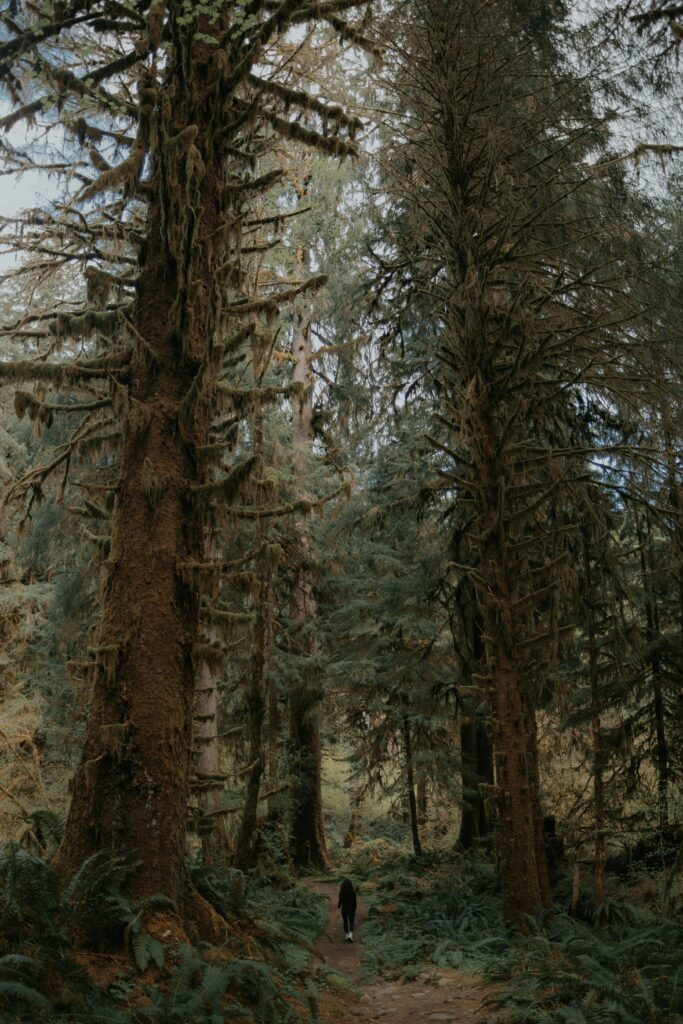
Joanna: I’m just a sucker for courage. As I say so often, I’m moved by the gift of courage, because when you walk towards danger, in the danger, and dare to do what’s needed, you put your own safety at risk so you become in some way larger than life. Fear makes you shrink, doesn’t it?
Jess: I love this, that we become larger than life, larger than we know ourselves to be when we choose to act for what’s right against the odds.
Joanna: And that must have been true in the Second World War fighting Hitler, and having lived in that period and certainly all the literature about it has demonstrated that there is a quality of intelligence or a quality of mind that we have come to admire. Why do we admire it? Because you’re faithful to something and that faithfulness is what people feel called to.
Jess: I did not expect Joanna to invoke faith in this conversation.
Jess: I am so glad you used that word because that … I think that is stirring. That is what buoys me in the work that I do and what inspires me and the people around me, and maybe more interesting than parsing out a clear definition of this word “hope” that we’ve been talking about, but rather talking about faithfulness …
Joanna: … to life. What is it you want to be faithful to?
Jess: I love this question. Not what are you hopeful for, but what are you faithful to? It takes me out of trying to predict the future, guessing what of the possible outcomes is most likely, or pretending that I think everything’s going to be okay, and it turns my attention to something way sturdier. What do I want to give my life to? What do I stand for? For Joanna, it comes back to our love and our responsibility to life.
Joanna: A phrase from Rilke comes to me that was our favorite one, “Go to the limits of your longing.” Were you that longing, you can trust it and you will go to the limits for that, and when you’re ready to go to the limits, then you can go beyond the limits and discover that you’ll do what you can do when you put your heart into something, because there are no limits to what the heart can beat faster for and act for in some way, don’t you know.
Jess: If ever there was a challenge that humanity had to go beyond our limits for, it’s the climate crisis. Whether or not we call it hope, our dedication to The Great Turning is something that we can trust. In that conversation that I had with Joanna about whistling in the dark, she helped me see that rather than making The Great Turning a God that brings me comfort when the world is scary, I can let my devotion to it be a light that guides me into ever deeper belonging.
Joanna: There must be a lot of people who see The Great Turning like that, whistling in the dark.
Jess: Right. As opposed to a match in the dark?
Joanna: Yeah. Or whistling to show where you are – Thought you lost me. I’m over this way.
Jess: Right. Yeah.
Joanna: I’m here. I’ll walk. Come on. You can do it. No, don’t go that way. There’s a cliff there. Okay.
What do I want to give my life to? What do I stand for? For Joanna, it comes back to our love and our responsibility to life.
Jess: In the Work That Reconnects when we lead the exercise called the truth mandala. We sit down together to express what we’re feeling and the circle of our bodies is like a container to hold all the pain, but we always say that the ground beneath us, the foundation of that container, is hope. If we didn’t have a sense that something else was possible, we might not have the courage to express our pain. We might not even see the point in trying.
I am always amazed by something that reliably happens towards the end of the mandala. After an hour or more, the crying and outrage shifts and people start laughing, singing, praying, smiling, something akin to hope emerges.
Thanks for listening to We Are The Great Turning. In our next episode, Episode 7, we’ll dive into the next phase of the spiral of the Work That Reconnects, seeing with new eyes, and we’re going to do a little time traveling. We’ll zoom out to connect with the long line of human history that we’re a part of, our ancestors, and the people of the future.
Joanna: We are part of a river, a river of time from before we were conceived in this life, and there are those living in us somehow, through us somehow, we are connected through tears and grief as well as love. We’re connected through loss as well as birth.
Jess: Thanks for listening to We Are The Great Turning. This show is free for everyone, made possible by our generous donors. If you’d like to, you can make a donation at WeAreTheGreatTurning.com. There, you can also find our toolkit with discussion prompts, guided exercises, and more to bring the insights from this podcast deeper into your life. We build The Great Turning by talking and acting together, so please consider sharing these episodes with someone you love or forming a podcast club and going through the exercises in the toolkit together.
We’d love your feedback, so send us a note or a voice message at . You can find me on Instagram at Jess_Serrante, and at JessSerrante.com.
I want to offer my deepest gratitude to Joanna Macy for her profound friendship and extraordinary generosity and wisdom. It has been the honor of my life to make this podcast with you.
Joanna: There’s some mystery about what just happened and about this moment for humanity, how life to continue, it has to survive incredible fragility. It involves the tenderest of flesh. It involves the pulsing of the most fragile neural connections.
Episode 6: The H-Word from the podcast series We Are The Great Turning is shared here with permission.

